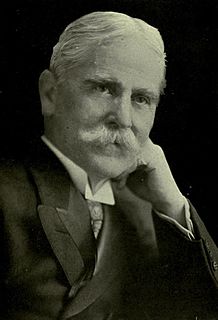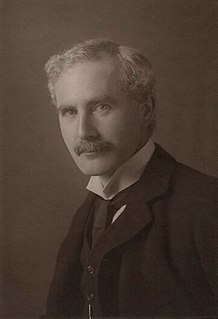A Quote by Richard Dawkins
I personally would go further and say that, if your morality is based, as mine is, on a desire to increase the sum of happiness and reduce suffering, the decision to deliberately give birth to a Down baby, when you have the choice to abort it early in the pregnancy, might actually be immoral from the point of view of the child’s own welfare.
Related Quotes
If you were to force people to do something against their free choice, you would be dehumanizing them. The option of forcing everyone to go to heaven is immoral, because it's dehumanizing; it strips them of the dignity of making their own decision; it denies them their freedom of choice; and it treats them as a means to an end. When God allows people to say 'no' to him, he actually respects and dignifies them.
It cannot be said too often that actions are good or bad in the light of consequences, and that a clear perception of consequences would control actions. That which increases the sum of human happiness is moral; and that which diminishes the sum of human happiness is immoral. . . . Blind, unreasoning obedience is the enemy of morality.
Doctors give your family three options when your unborn baby is diagnosed with HLHS. You can terminate the pregnancy, you can have the baby and refuse treatment, or you can go through with the three surgeries our doctor had told us about. There was never any doubt in our minds that we were going to give our child a chance to survive and thrive.
Your baby is your baby and you are free to feed them however you like. Try not to compare your child to others. This is your journey and you can take it at your own pace. Whichever style of weaning you decide to go for is your choice, and remember: all children eventually do learn to eat with a knife and fork.
A young pregnant wife has been hospitalized for a simple attack of appendicitis. The doctors had to apply ice to her stomach and when the treatments ended the doctors suggested that she abort the child, they told her it was the 'best solution' because the baby would be born with some disability but the young brave wife decided not to abort, and the child was born. That woman was my Mother and I was the child.
I do not believe that just because you're opposed to abortion, that that makes you pro-life. In fact, I think in many cases, your morality is deeply lacking if all you want is a child born but not a child fed, not a child educated, not a child housed. And why would I think that you don't? Because you don't want any tax money to go there. That's not pro-life. That's pro-birth. We need a much broader conversation on what the morality of pro-life is.
The desire to give advice is itself a symptom of disapproval; and further, it is usually the result of a desire to express that disapproval. And we are most moved to give advice to those for whom our affection and regard may be taken for granted, but to whom we would rather express our disapproval. We cannot go to them and say that we disapprove of them. That would not be affectionate, and might lead to reprisals. But we can give them advice in which the disapproval is implied and which yet seems innocently helpful.
It's joyful in that there's another point of view on all things, you know, not just mine. That's why I like to write and collaborate with people. There's another point of view, and when those two things come together, and people work at it really hard, they get something that is the whole is more than the sum of - is that how you say that?





































